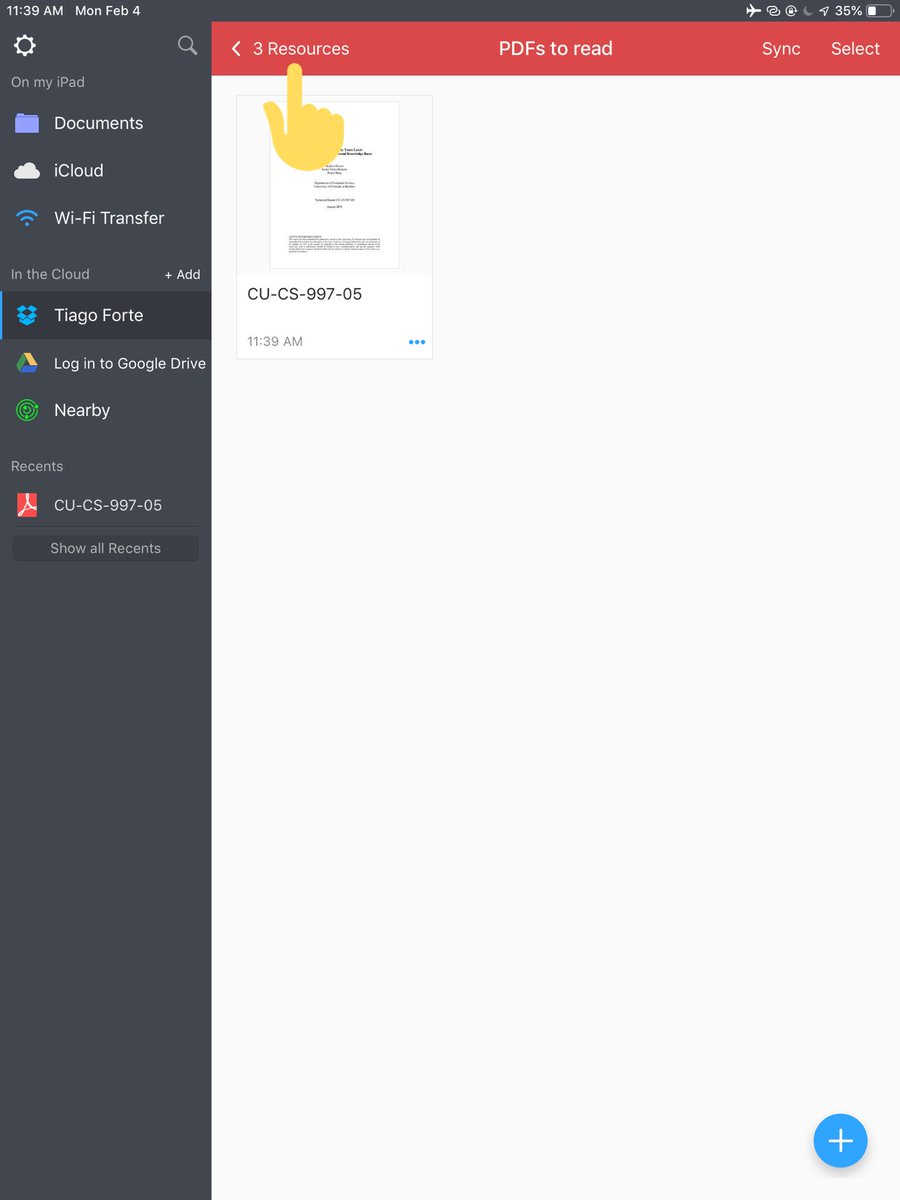1/ A lot of ppl have been asking about PDF reading workflow for personal knowledge management. Here is the super simple one that fulfills all my needs. Start by creating a Resource folder on Dropbox with PDFs I want to read. Access it via @PDFExpert6 file browser 

3/ When finished, tap three dots and then “Email.” For some reason the option to export only highlights doesn’t appear when I tap “Share” 

4/ Next, tap “Annotations Summary” which exports highlights, plus the highlighted PDF as an attachment. Best of both worlds 

5/ This will generate a new email with the highlighted passages in the body. Email it to your designated Evernote Import Email, which you can find in settings (I recommend saving this to your contacts) 

• • •
Missing some Tweet in this thread? You can try to
force a refresh










